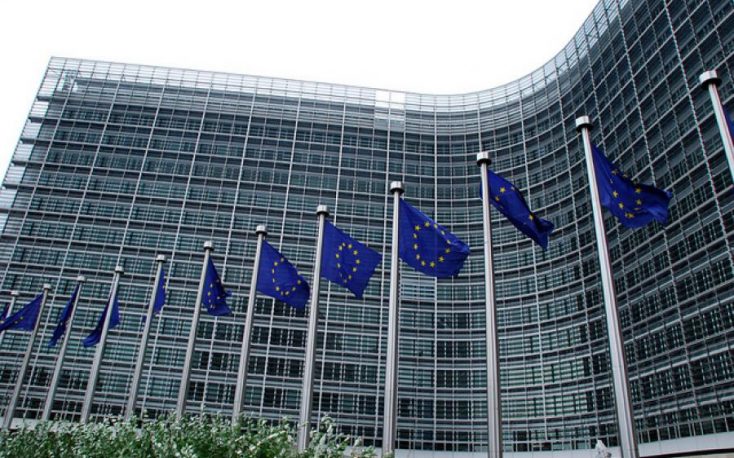The new 2030 Forest Strategy is triggering diplomatic clashes in the EU over who should be responsible for forest policy, as EU auditors voice concern on biodiversity loss.
Resistance against legally-binding EU proposals appears to be mounting in Sweden, Austria, and Germany, according to internal deliberations on the strategy seen by EUobserver.
The European Commission proposed a new law in July on common forest-data collection and on national and regional forestry strategy plans.
But Sweden, one of Europe's most heavily forested countries, fully disagreed with "the need" for such strategic plans "on the EU level", which it saw as an attempt at "increased centralisation" by EU institutions, according to an internal EU paper dated 27 September.
"Forestry will not be subject to exhaustive rules from Brussels", Swedish prime minister Stefan Löfven also said in Sweden's parliament last month.
Austria, for its part, said that the proposed EU strategic plans "ignore well-established national systems and tools … which leads to an increase in cumbersome and ineffective regulation," according to the internal EU documents.
But dissatisfaction has been more widespread than that.
Overall, 11 member states have voiced reluctance on the EU's new forestry approach.
In July, Austria, the Czech Republic, Estonia, Finland, Germany, Hungary, Latvia, Poland, Romania, Slovakia, and Sweden said in a joint letter that common obligations under a potential EU planning and monitoring law would bring an "unprecedented administrative burden" to member states and operators.
Illegal logging
Meanwhile, a new report by the European Court of Auditors, an EU watchdog, said on Monday (4 October) that the EU's previous (2014-2020) forestry strategy and related policies had "limited impact" on protecting biodiversity and addressing climate change.
Data from recent years showed that the state of EU forests was deteriorating, even though the EU was increasingly referring to them as a 'carbon sink' in climate-change policy.
The auditors' report identified weaknesses in enforcement of an EU regulation against illegal logging, both at national and EU level.
It warned that the number of checks made by national authorities was low compared to the number of firms in the EU market.
A 2020 EU commission report revealed that checks were made on just 0.43 percent of operators during the two-year reporting period.
The Court of Auditors also slammed the commission for not analysing the quality of member states' checks - based on different definitions of what 'illegal logging' was.
And auditors suggested that the general use of remote sensing or acquisition of information, typically based on aerial photography and satellite data, could offer "great potential for cost-effective monitoring over large areas," and help tackle the marketing of illegally harvested timber and timber products in the EU.







Leave a Reply